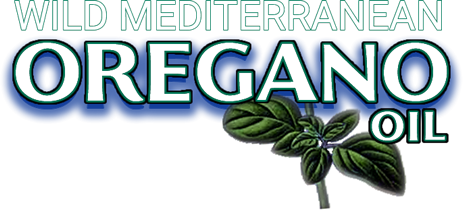Get in touch


Discover the Health Benefits of Oregano
Potent Wild Mediterranean Oregano Oil for a Natural Health Boost!
Oil of Oregano Research: Health Benefits
The expanding body of research on Oil of Oregano increasingly demonstrates its effectiveness as an antiviral, antibacterial, and antifungal agent, rivaling pharmaceutical antibiotics like streptomycin, penicillin, vancomycin, nystatin, and amphotericin in its ability to combat microbes. Various university studies and independent research have proven Oregano Oil to be a powerful antimicrobial and more. However, recent studies have revealed that these compounds also possess strong antioxidant, anti-inflammatory, antidiabetic, and cancer-fighting properties.
Remarkably it accomplishes this without promoting the development of drug-resistant strains and other problems often attributed to the use of standard antibiotics. In addition to this already impressive list of abilities, Oregano Oil is also a powerful parasitic expellant, is valuable as a food preservative, and has been used to decontaminate foods from potentially harmful pathogen’s.
Carvacrol has been identified as the chief constituent behind Oregano Oil’s extraordinary properties and is thought to work synergistically with the other components found in Wild Mediterranean Oregano Oil. These findings have been published in various scientific journals and presented at prestigious scientific functions.
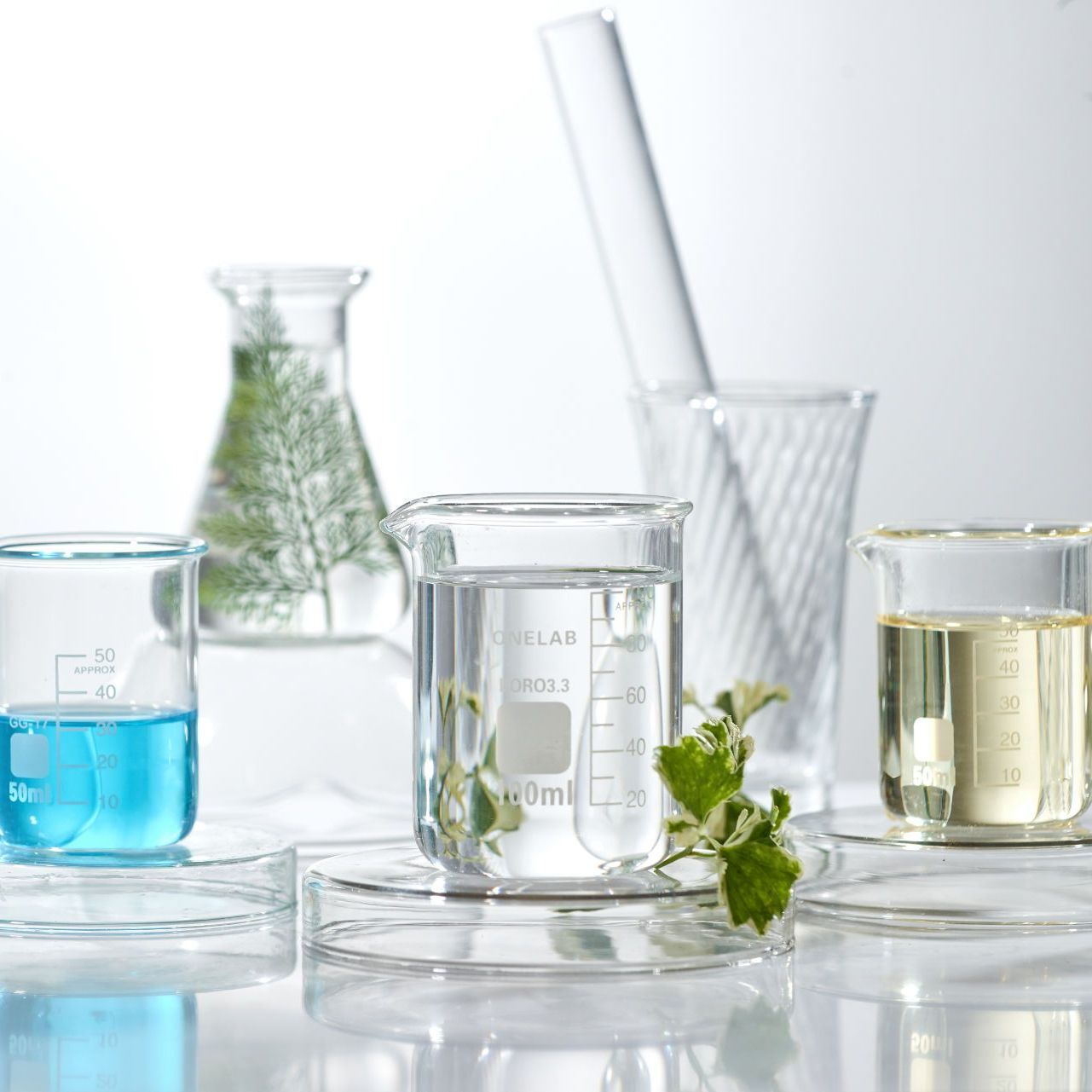
Research Articles

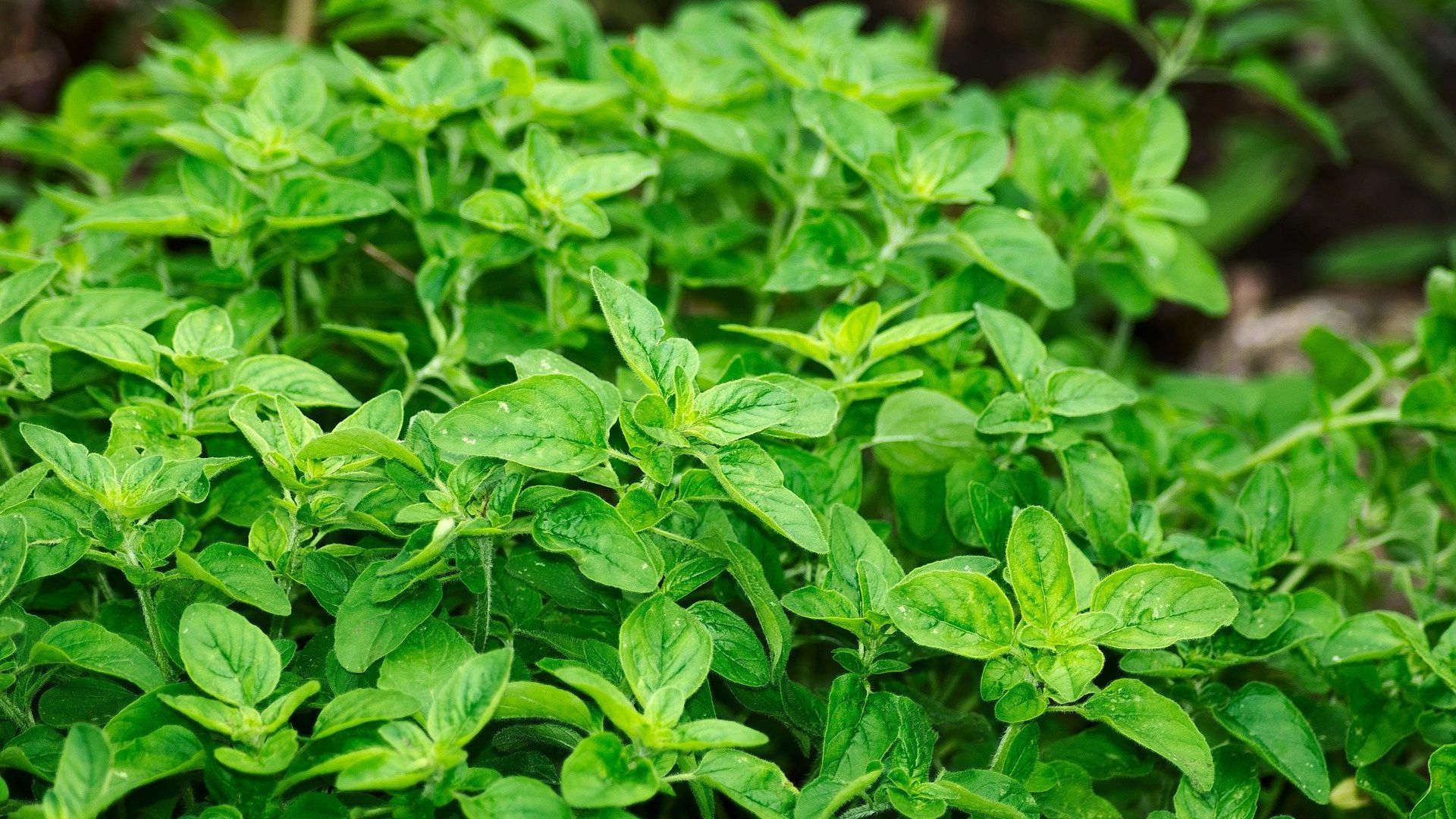

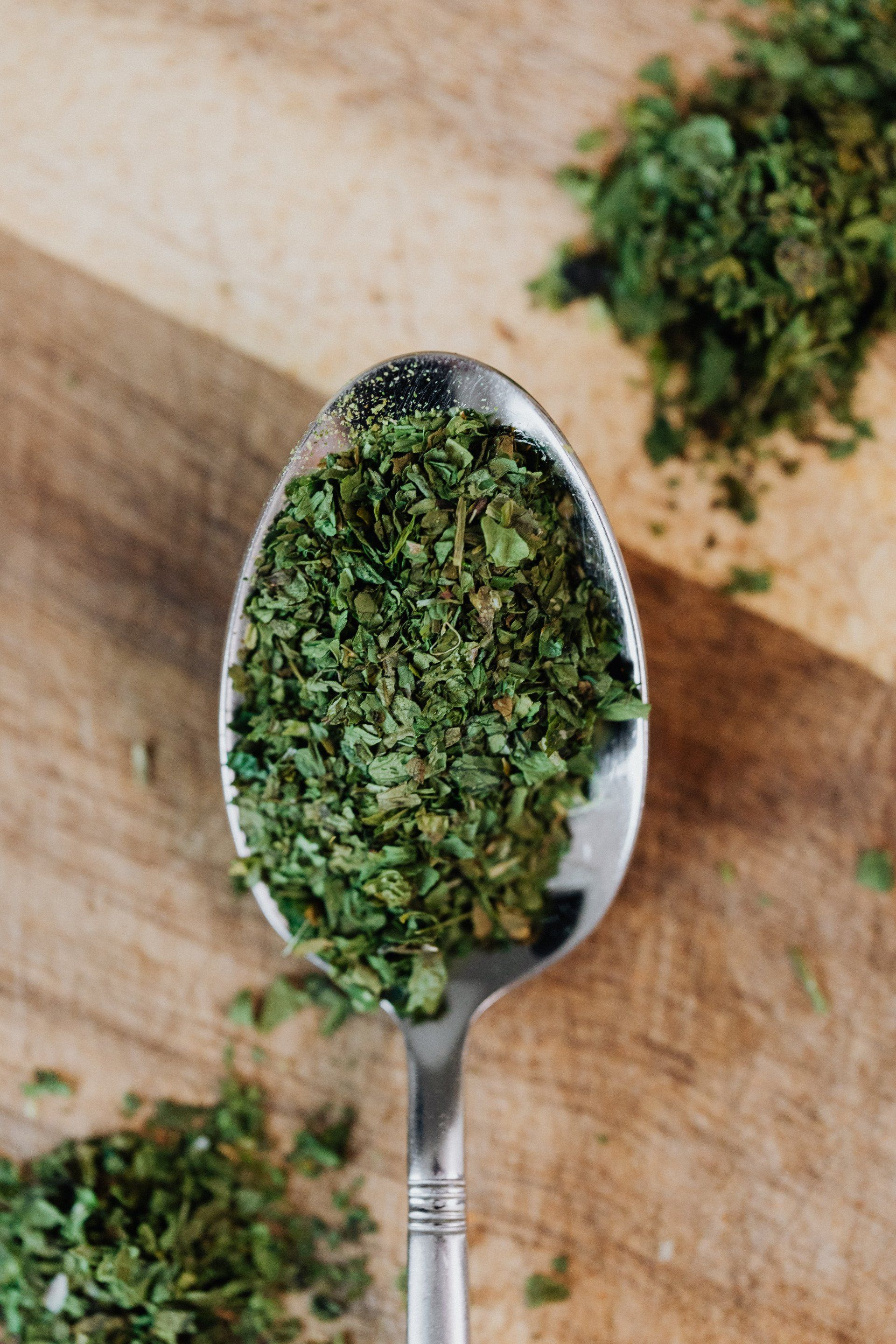
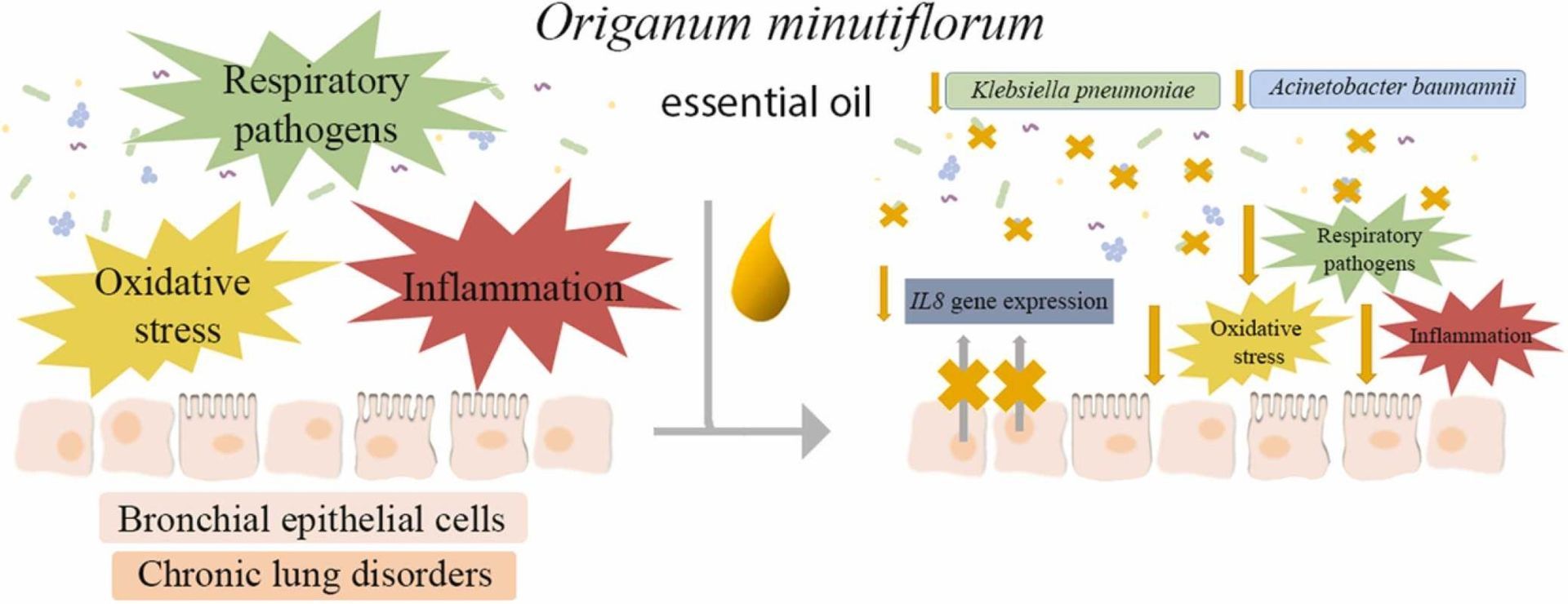
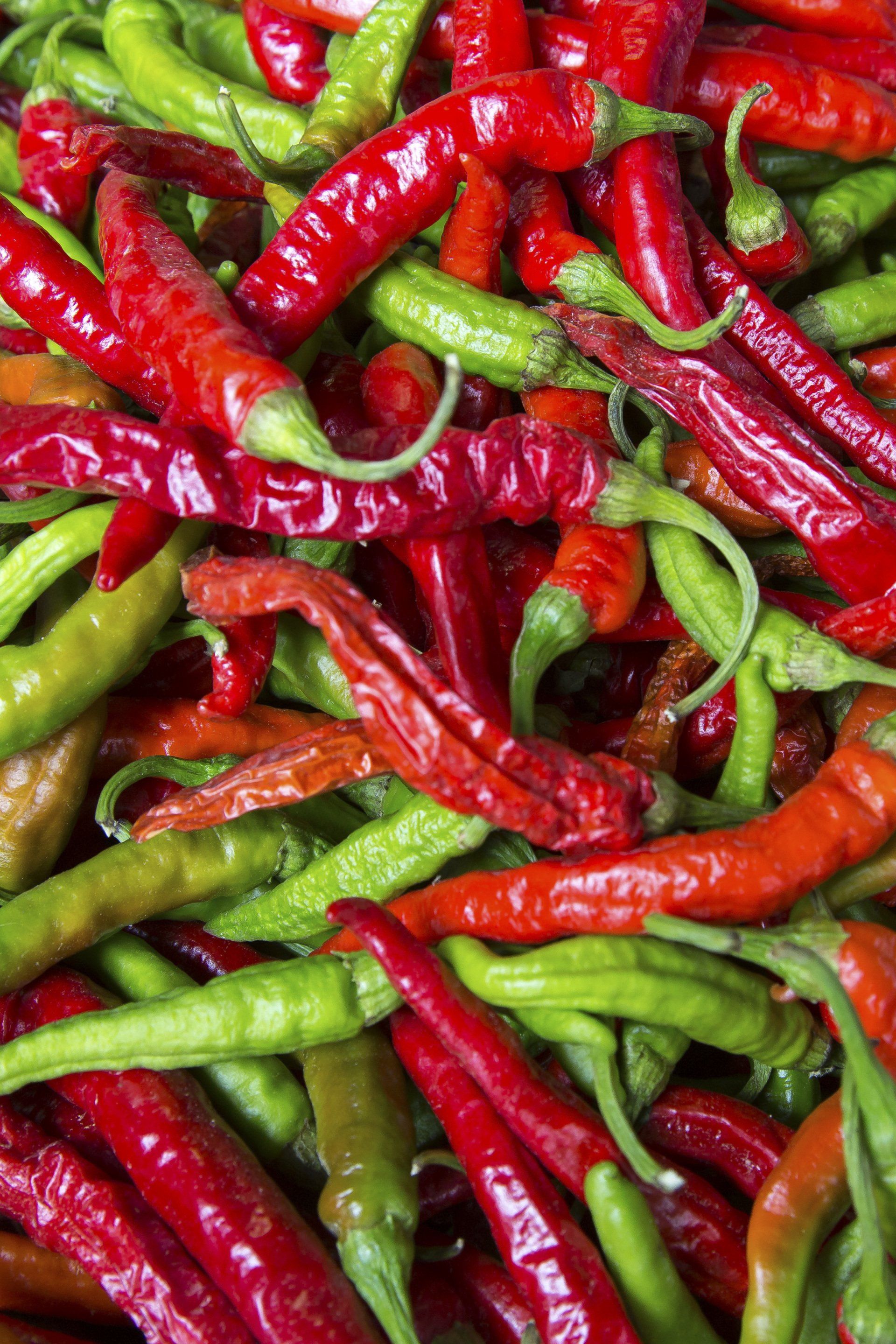
Oregano, Other Essential Oils Destroy Strep Pneumonia Cells
Researchers have found that some essential oils, oregano, thyme, and rosewood oils, in particular, create an autolytic reaction in organisms, including Streptococcus pneumonia.
Dr. Diane Horne of Weber State University in Ogden, Utah, told the 98th general assembly of the American Society of Microbiology about the serendipitous discovery of the impact of the oils on cells such as Streptococcus pneumonia.
A co-researcher was spraying aromatic oils in the laboratory. When I looked at the S. pneumonia that I was preparing for another experiment, the cells were just falling apart, Dr. Horne reported.
Dr. Horne and coworker Sue Chao, of the Young Living Essential Oil Company of Payton, Utah, tested the autolyzing properties of 74 different essential oils.
The best results occurred with oregano, thyme and rosewood and intermediate inhibition of the pathogens were achieved with cinnamon oil and clove oil, Dr. Horne said at a poster presentation. at the meeting. Dr. Horne pointed out that the oils also showed efficacy against E. coli and several species of fungi.
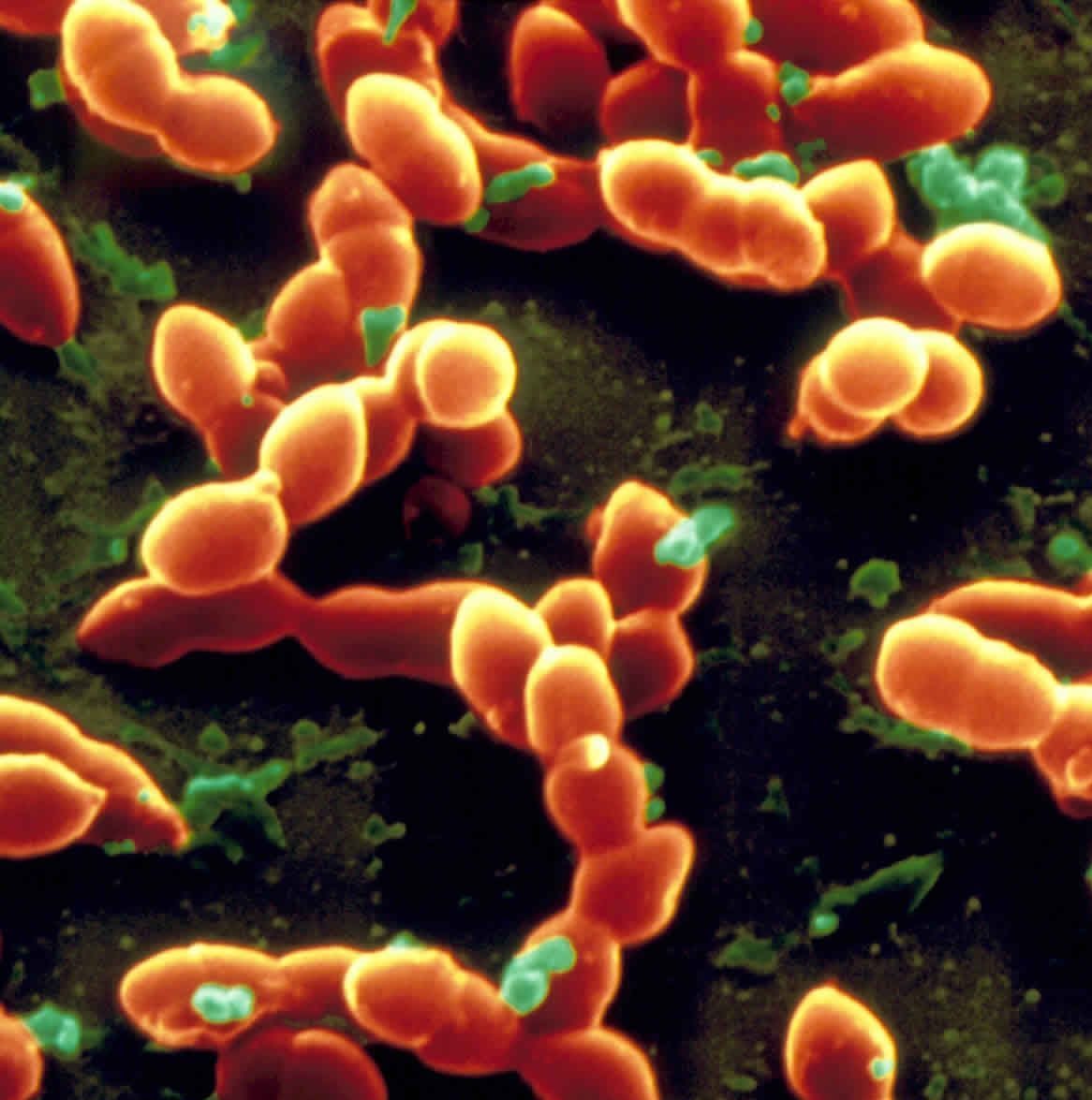

Oil of Oregano fights bacterial infections
Oil of oregano has been used for centuries in Far Eastern and Middle Eastern cultures to treat respiratory infections, chronic inflammation, urinary tract infections, dysentery, and jaundice. Laboratory studies in which the oil was applied directly to food-borne pathogens showed that oregano oil has strong antibacterial properties (Dadalioglu 2004). Medicinal oregano grows wild in the mountainous areas of Greece and Turkey. It has a high mineral content that enhances its therapeutic benefits, including calcium, magnesium, zinc, iron, potassium, copper, boron, and manganese. This oil is considered safe for humans and may be used in conjunction with antibiotics to fight bacterial infection (Preuss 2005).

Your trusted source for premium oil extracted from Wild Oregano since 1993. Wild Mediterranean Oregano Oil takes pride in delivering high-quality products. Experience the natural benefits of Oregano drops with a Carvacrol content of 75-80%, shipped directly to your doorstep in the US and Canada.
Wild Mediterranean Oregano Oil
A Division of ENERGYWISE
